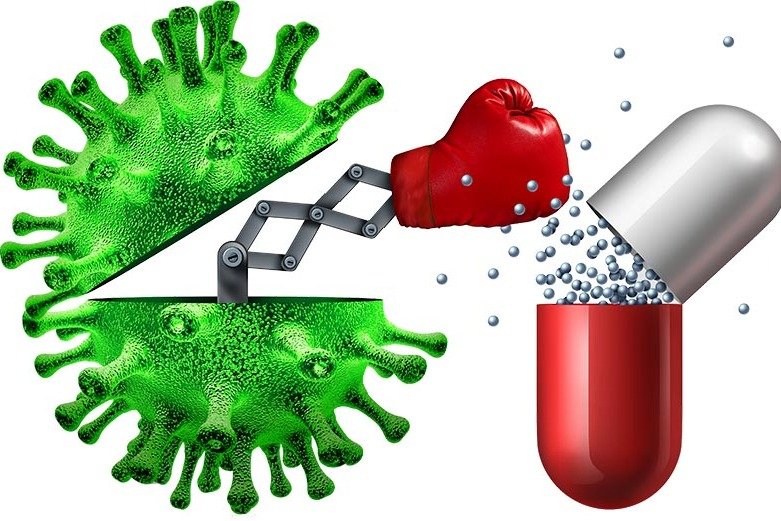New Delhi, October 11: Vaccines are key to preventing infectious diseases and reducing antibiotic use, according to a new report from the World Health Organization (WHO), saying vaccines are key to preventing infections and reducing antibiotic use, helping to tackle the rise in antimicrobial resistance (AMR) globally. The company plans to support these efforts.
The report shows that vaccines against 24 pathogens could help reduce the number of antibiotics needed each year worldwide by 22 percent, or 2.5 billion doses per day. Ta. If vaccines could be rolled out against all these pathogens, it could potentially save a third of hospital costs associated with AMR.
Misuse or overuse of antibiotics causes AMR, making people sicker and increasing the risk of illness, death, and the spread of difficult-to-treat infections. AMR claims nearly 5 million lives worldwide each year.
“Tackling antimicrobial resistance starts with preventing infectious diseases, and vaccines are one of the most powerful tools we have to do that,” said WHO Director-General Dr. Tedros Adhanom Ghebreyesus.
Ghebreyesus called for “increasing access to existing vaccines and developing new vaccines for serious diseases such as tuberculosis (TB)” to fight AMR.
The report confirms that at the just-concluded 79th United Nations General Assembly High-Level Meeting on AMR in September, world leaders pledged to reduce deaths from bacterial AMR by 10 percent per year by 2030. It was received and announced.
A new report shows that vaccines already in use against pneumococcus, Haemophilus influenzae type B (Hib, the bacterium that causes pneumonia and meningitis), and typhoid fever could avert up to 106,000 AMR-related deaths a year. We estimate that there is a possibility.
If new vaccines against tuberculosis (TB) and Klebsiella pneumoniae are developed and rolled out around the world, 543,000 additional deaths related to AMR could be avoided annually.
Additionally, the report showed that if 90 per cent of the world’s children and older people were vaccinated, the goal of Immunization Agenda 2030, 33 million antibiotic doses against pneumococcus could be saved each year.
Typhoid vaccine could save 45 million doses of antibiotics. Injections against malaria caused by Plasmodium falciparum could save up to 25 million antibiotic doses. Antibiotics are often misused to treat malaria.
Similarly, the development of a new tuberculosis vaccine could provide maximum efficacy and save between 1.2 and 1.9 billion doses of antibiotics.
(Content in this article has been provided by a news agency and has not been edited by the ap7am team.)

